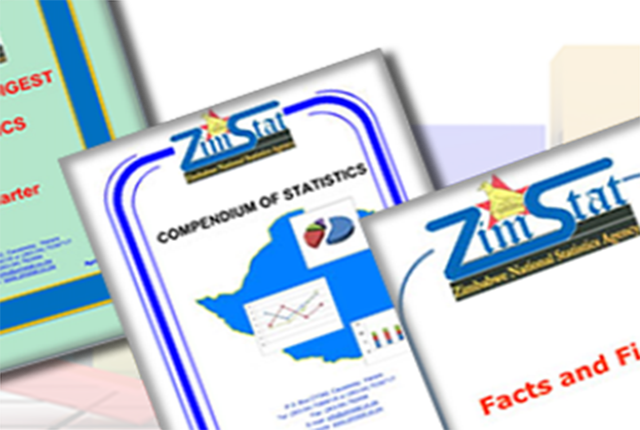EDITORIAL COMMENT : Low earnings, not unemployment the problem

There has been a lot of confusion generated over what constitutes unemployment in Zimbabwe and so a lot of confusion over how we need to address fundamental problems in our economy and the way we apply taxes and distribute wealth.ZimStat, the body set up to provide accurate information to us all and to planners and decision-makers in particular, has made a start by finding out how many adult Zimbabweans are economically active and how this figure has varied in recent years.
So we have the first set of hard facts. Just over 88 percent of adults are economically active, that is they are earning some sort of income and this figure has not varied significantly for well over a decade. It is also obvious that a strong majority of this 88 percent must be self-employed in one way or another and that incomes in both salaried employment and self-employment must vary dramatically.
The confusion we have met largely comes from assuming that only people in salaried employment, from farm workers and domestic workers up to CEOs of major companies, are employed.
This leaves out vast numbers of self-employed from small-time vendors through reasonably prosperous peasant farmers to multi-millionaire businesspeople. But these people work hard for their living and should not be counted with the loafers.
Our economic problems and the poverty facing so many do not come from unemployment, but from the low earnings, both in formal employment and self-employment and the solutions are equally obvious. We need to boost earnings. Zimbabweans are not lazy, just too many are not earning enough.
There is no single solution, but a need to push ahead on several fronts to boost incomes since everything has an effect on everyone else. To take a simple example, if 100 000 farming families could show a profit of say $5 000 a year then that would quite likely translate into something like them buying 500 000 pairs of shoes a year.
Someone has to make and sell those shoes, and needs to hire people to do this. Those people, with better paying jobs want other things, including better quality food that the farming families will have to grow and sell, boosting their incomes in a virtuous circle.
But to get that rising spiral of earnings we have to make it possible and easy for farmers to buy inputs, for industrialists to buy land, build factories, plug into power and water supplies and hire labour. Every business started small. Some stay small, but become more efficient. Others grow into huge industries. We need to make it easy to raise productivity.
This is why Government efforts this season to get inputs to farmers early are important. This is why the decision by several developers to build complexes for small and medium businesses are important. This is why the boring legal work behind the scenes to make it much easier to start and run a business are important.
A peasant family boosting its income by a $1 000 a year, a vendor moving from a pavement blanket to a market stall, a welder moving from the side of the road to a basic shed do not sound grand. Multiply that by several tens of thousands and suddenly Zimbabwe is moving forward fast.
The statistics show Zimbabweans are willing to work and are able to work and often they are able to do this without anyone telling them what to do. What we need now are ways that this willingness and ability, this entrepreneurial spirit, can be harnessed to boost incomes.









Comments